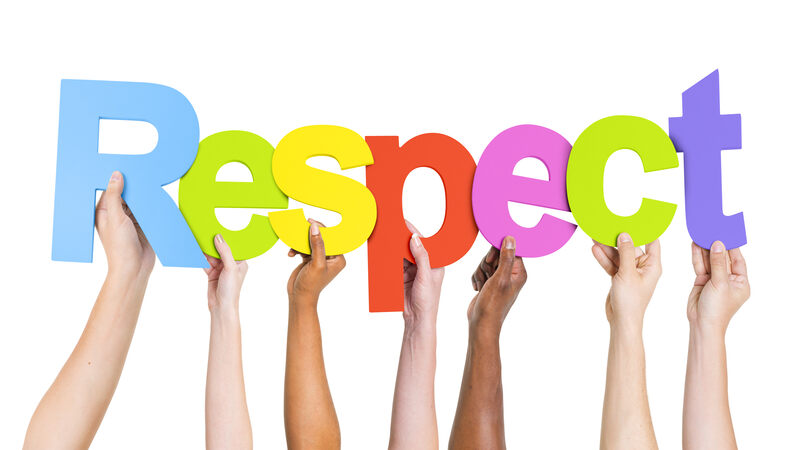
Who doesn’t appreciate a respectful toddler? Everyone does. However, respect seems to be fading quickly in kids, leaving parents concerned. The use of abusive, mean, and disrespectful comments are all around us these days. Increasing influence of digital media, busy lifestyles, and breakdown of values have led to rise in disrespectful behavior in toddlers. Hence, teaching respect to your toddler is all the more imperative.
Toddlers arguing openly and rudely with parents, or older children treating elder family members with disrespect are not rare sights these days. This shift is alarming, as respect is vital for healthy relationships and a well-functioning society. To reverse this trend, it’s essential to instill respect in toddlers early on. Teaching respect to your toddler includes setting clear boundaries and explaining to them the importance of respect with gentle connection.
What is Respect?
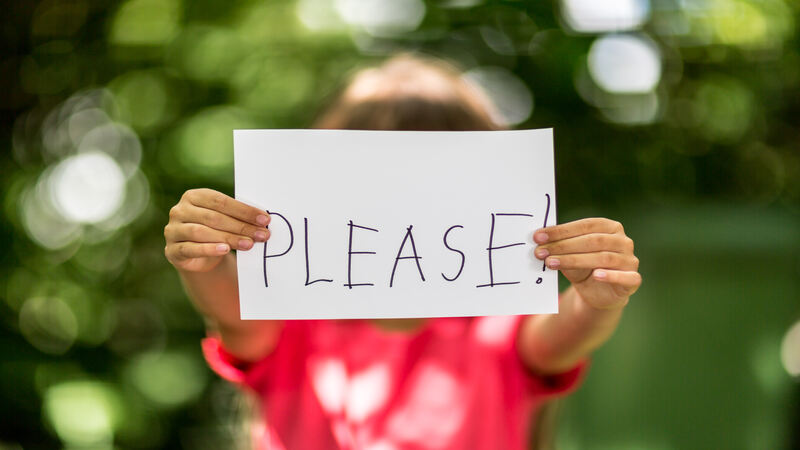
To explain simply, respect means to treat others with regard and honor. It involves kindness, consideration, and recognition of other’s feelings, rights, and values. Respect also implies listening to others patiently, valuing their opinions, and showing courtesy to them (1a).
For toddlers, respect means to listen to parents and elders when they are saying something, or to show consideration to peers while playing. These little ones should also be taught to talk politely, allow others to take their turns while playing, and not to pick up fights unnecessarily. Research studies indicate that when toddlers learn to show respect to others, their social behavior gets better. They learn to respond patiently and proactively to their surroundings (1b).
When to Teach Respect to Your Toddler?
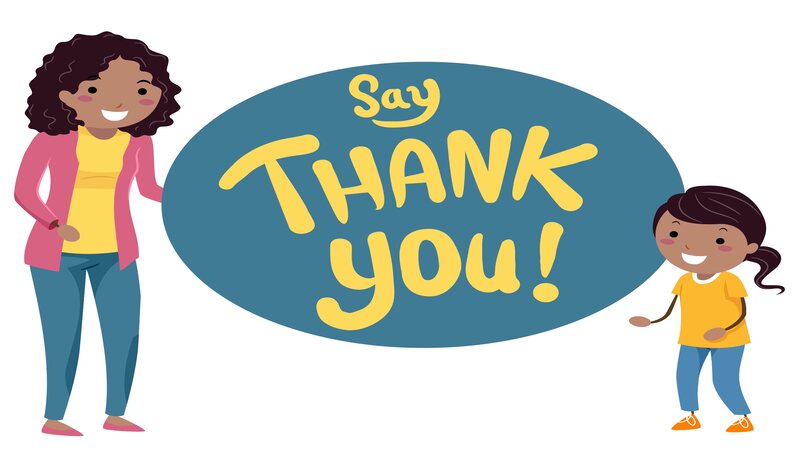
Teaching respect to a toddler should begin early. At this age, toddlers will also learn the respectful behavior of parents just by observing and imitating them (2a). As soon as the toddler starts to communicate verbally, they can learn words like ‘thank you’ and ‘sorry’ for expressing politeness.
However, parents should always be realistic about what to expect from toddlers. In spite of your best efforts in teaching respectful behavior, you may come across situations where they’ll just defy you. You’re not likely to see respectful behavior from them unless they begin preschool.
Why is it Important to Teach Respect to Your Toddler?
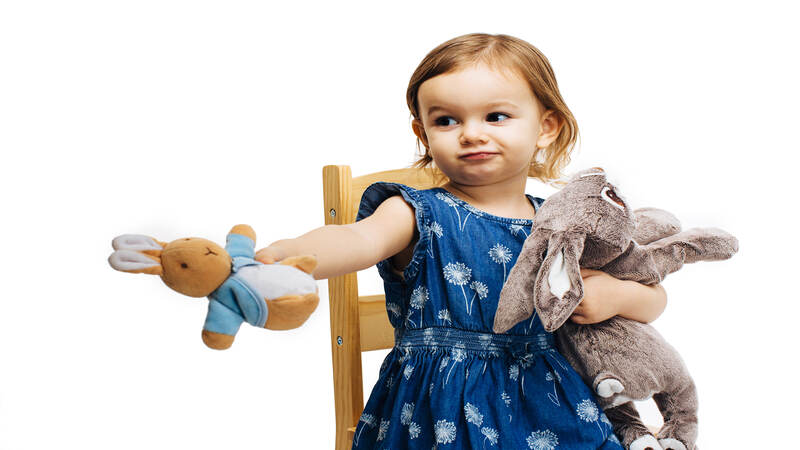
When you teach respect to your toddler, you’re inculcating the values of kindness, empathy, and understanding in them. You are laying the foundation for healthy social interactions in them (1c). The importance of teaching respect to your toddler is as follows:
- It makes toddlers empathetic and show consideration for others’ opinion
- Early lessons on respect develops self-discipline in toddlers
- They learn not to hurt or harm others intentionally
- Encourages toddlers to appreciate feelings of others
- Respect helps to develop a sense of integrity and responsibility in toddlers
- It teaches them to use polite responses during social interactions
- Helps develop positive relationship with teachers in preschool (3)
10 Tips to Teach Respect to Your Toddler
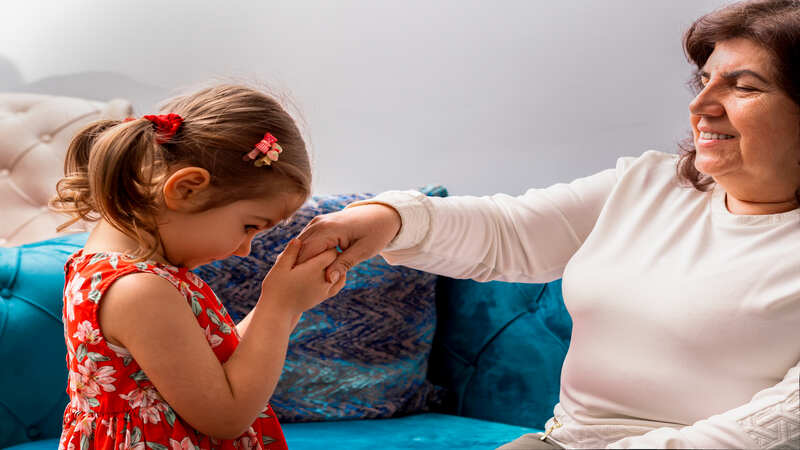
We can teach our kids how to respect others, how to show kindness and gratitude and how to be considerate of others’ feelings. The following are 10 tips you can follow to teach respect to your little one:
1. Be a Good Role Model
Demonstrating good behavior yourself is the first step in teaching your toddler respect. Set a good example of yourself by using kind and polite words and acting respectfully, especially in front of them. If you shout at your toddler when you are angry, your tiny tot will emulate the same when upset (4).
2. Teach Them The Three Magical Words
These are “please”, “sorry” and “thank you”. Your toddler is big enough to understand and say these words. If they start saying these words regularly from a young age, it would come naturally to them as they grow older. One of the best ways to impart this is to use it abundantly yourself in front of them.
3. Explain ‘Respect’ Through Stories
There are many children books available that attempt to build good character in toddlers. Pick up a few – like Berenstain Brothers: Show Some Respect – and include it in your daily reading routine with your tiny fellow. Reading is a great way to imbibe good manners and respect (5).
4. Point Out And Discuss Respectful And Disrespectful Behaviors in Others
Outside the books, the world around us presents a number of learning opportunities. When you take your toddler outside, point out to them when other children (and even adults) are behaving respectfully and disrespectfully. Discuss the behavior, point out the right and wrong and decide on the key takeaways from the event.
5. Appreciate Respectful Behavior
We can’t emphasize positive reinforcement enough. When your toddler behaves well, you should appreciate it. We wouldn’t recommend overindulging them with rewards, which can lead to them behaving respectfully for the rewards. An acknowledgement that you noticed the good behavior is enough. Some extra privileges or even just a “good boy” would suffice (6).
6. Reinforce Good Behavior
It is difficult to teach toddlers soft skills. You have to keep reminding them again and again as they get easily influenced by things they see on TV and other children’s actions. Continuously remind them what respectful behavior is and why they should practice it regularly helps to develop social competence where they can easily show respect to others (7).
7. Acknowledge Disrespectful Behavior
Just like you appreciate respectful behavior, you need to correct bad behavior. Never be defensive, you need to call out when your child errs. Do not let things slide. Instead pinpoint their wrong actions and nip it in the bud. Parents should also promote a culture of ‘respect for all’ in the household. In this way, toddlers will pick up the good habits of showing kindness and consideration for everyone in their daily life (8).
8. Correct Rudeness Wisely
If your toddler calls you or someone elder ‘stupid’ or another foul word, your initial reaction would be to scold them and force them to apologize. Avoid internalizing their words and actions within you. It might lead to further anger in the household (9). Ideal way to deal with disrespectful behavior is to call the toddler aside, talk calmly about their actions and words, and tell them why it was wrong in simple sentences.
9. Be Consistent
It is important that both you and your partner are in tune with the approach you take to teach respectful behavior. One of you cannot allow a behavior that the other has tried to stop or vice versa. Both need to agree on and take equal efforts to teach the little one the same values.
10. Expect Disagreements
We agree, this is not an easy task. Your toddler might continue behaving disrespectfully despite your best efforts. Some situations could prevail in school or family which may make it tough to teach them respect. However, be patient and consistent with your efforts. Try to understand what triggers your toddler’s rudeness. Slowly try to bring a positive spin to their mean comments.
How to Handle a Kid’s Disrespectful Behavior?
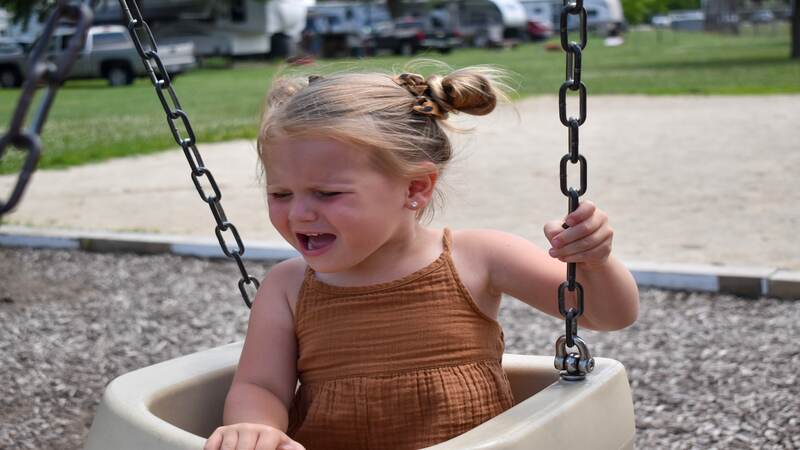
Battling a toddler’s disrespectful behavior for a parent has become quite common these days. When your toddler turns down your requests or misbehaves with others publicly, your instant reaction would be annoyance and anger. But, it won’t do any good to the tiny one. In order to handle disrespectful behavior, you can try out these simple hacks:
- Keep your composure when disrespect is going on, avoid overreacting
- Address their wrong behavior by modeling good actions from you (2b)
- Tell them the expected behavior and why it matters
- Never demonstrate disrespectful actions in your own behavior
- Give them choices so that they can decide the difference between right and wrong (10)
- Identify the underlying triggers of disrespect and correct them
- Always allow the toddler to express their feelings
It is always good to sit down and reflect on past week(s) with your toddler when you are trying to teach respect. Remind them of instances that went well, point out where they erred, and decide on action items for next week(s). Additionally, modeling respectful behavior can build a foundation for mutual respect as they grow. Teaching respect to toddler will not happen in a day. Have patience, and keep trying!
FAQ’s
1. At What Age do Children Learn Respect?
Children start learning respect around 2 to 3 years when they understand social cues and develop verbal communication. By consistent modeling from parents, their understanding of respect deepens overtime.
2. How do You Teach Respect in a Fun Way?
Teaching respect in playful ways include storytelling sessions, or role play activities with them. Toddlers can imbibe respectful actions by interactive sessions where they visualize real-life scenarios where good behavior is expected from them.
3. What Are Signs of a Disrespectful Child?
The signs of a disrespectful toddler or child include frequently speaking over others, not listening to elders, or picking up fights with peers by hitting, pushing, or foul mouthing them. Failing to use ‘sorry’ and ‘thank you’ also signal disrespect.
4. Why is my Toddler so Rude?
Toddlers display rudeness due to their inability to express feelings properly; could be due to limited language skills. Since they lack self-control and prefer testing boundaries, they may showcase disrespect in daily life.
5. Is it OK to Scold a Toddler?
Scolding a toddler may not be useful when teaching respectful behavior. Instead, modeling good actions in front of them is worthy. Focus on teaching respect by clear communication and gentle guidance.
6. How to Punish a 2-Year-Old For Hitting?
As parents, you can distract your 2-year-old by removing them from the situation or explain calmly why hitting others is bad. Moreover, model gentle touch and explain to them the best ways to handle their anger. Your goal of punishment is to redirect their behavior towards respect and empathy.
References
- Malti T, Peplak J, Zhang L. The Development of Respect in Children and Adolescents. Monogr Soc Res Child Dev. 2020 Sep;85(3):7-99. doi: 10.1111/mono.12417. PMID: 32779237. – https://pubmed.ncbi.nlm.nih.gov/32779237/
- Gail Innis, Michigan State University Extension – April 19, 2012 – https://www.canr.msu.edu/news/teaching_respect_to_preschoolers_can_help_build_character
- Mokracek, Pavel & Mohammed, Lubna. (2022). Examining Importance of Respect in the Classroom. – https://www.researchgate.net/publication/366498882_Examining_Importance_of_Respect_in_the_Classroom
- Yousefi, Farahnaz. (2023). Parents as Role Model for Social Behavior of Children: A Case Study of the Short Story “A Doll’s House” by Katherine Mansfield. Journal of Critical Studies in Language and Literature. 4. 20-27. 10.46809/jcsll.v4i6.236. – https://www.researchgate.net/publication/375751604_Parents_as_Role_Model_for_Social_Behavior_of_Children_A_Case_Study_of_the_Short_Story_A_Doll’s_House_by_Katherine_Mansfield
- Maila D. H. Rahiem, International Journal of Child Care and Education Policy volume 15, Article number: 4 (2021) – https://ijccep.springeropen.com/articles/10.1186/s40723-021-00081-x
- Sari, Salsabila & Indianti, Wahyu. (2019). Effectiveness of Positive Reinforcement to Improve Discipline through Caregiver. 10.2991/iciap-18.2019.10. – https://www.researchgate.net/publication/336137676_Effectiveness_of_Positive_Reinforcement_to_Improve_Discipline_through_Caregiver
- National Academies of Sciences, Engineering, and Medicine; Division of Behavioral and Social Sciences and Education; Board on Children, Youth, and Families; Committee on Supporting the Parents of Young Children; Breiner H, Ford M, Gadsden VL, editors. Parenting Matters: Supporting Parents of Children Ages 0-8. Washington (DC): National Academies Press (US); 2016 Nov 21. 2, Parenting Knowledge, Attitudes, and Practices. – https://www.ncbi.nlm.nih.gov/books/NBK402020/
- Ronald E. Riggio Ph.D., Cutting-Edge Leadership – https://www.psychologytoday.com/intl/blog/cutting-edge-leadership/201803/parenting-and-the-culture-of-disrespect
- Dr. Tali Shenfield | Updated on October 1, 2023 – https://www.psy-ed.com/wpblog/disrespectful-child/
- Association for Psychological Science – https://www.psychologicalscience.org/news/research-shows-toddlers-understand-right-from-wrong-at-just-19-months.html

